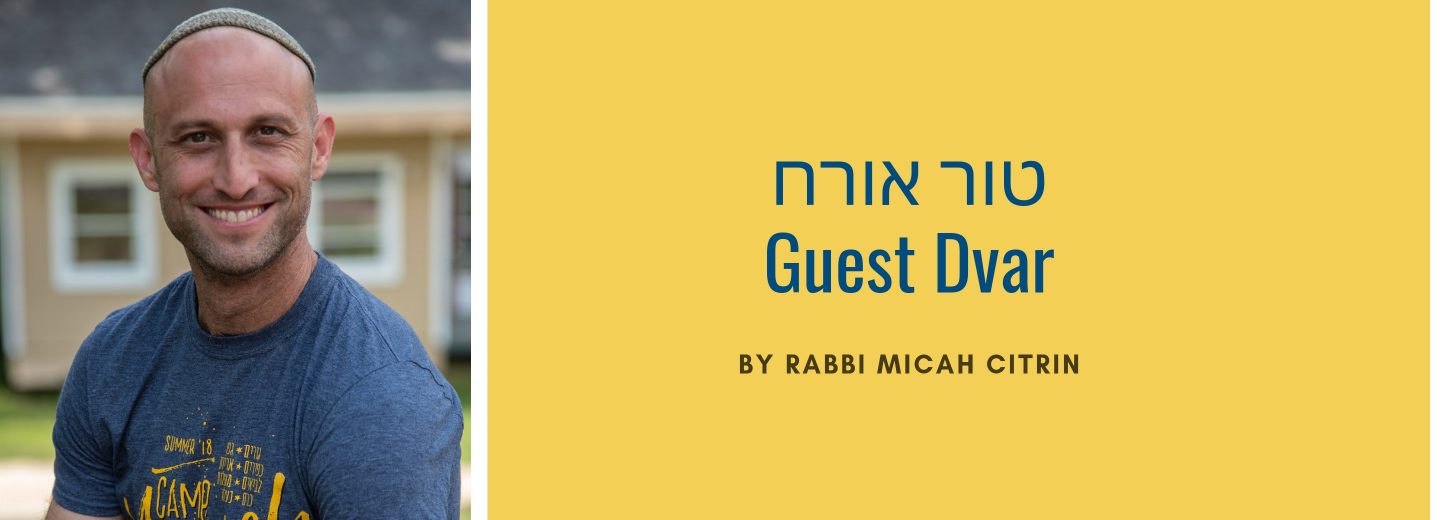Can you imagine going to your faucet or shower, turning the nob and no water comes out? Or, going to the Agamon a hot day, to find Lucas Pond dry? These would be deflating experiences. We can’t live without water.
In this week’s Torah portion, Chukat, the Israelites experience a severe lack of water. It occurs immediately after the death of Miriam, sister of Moses and Aaron. We read, “The people stayed at Kadesh. Miriam died there and was buried. And the community was without water, and they joined against Moses and Aaron (B’midbar 20:1-2).”
What does this episode suggest about Miriam and the importance of water? Midrashimimage that it was Miriam who provided the people with water through their wandering in the desert. A magic well followed her and would appear wherever the Israelites camped. When Miriam died, the well vanished.
In Jewish tradition, water is a symbol of Torah. When Joseph’s brothers throw him into the pit in Bereshit, the text says that the pit was empty, devoid of water. Rashi teaches that this means it was a place lacking Torah. If this is so, then Miriam’s well was also a reservoir of Torah. She, like her brothers, Moses and Aaron, taught Torah to the people. The prophet Micah attests to this declaring in God’s name, “I brought you up from the land of Egypt, redeemed you from the house of bondage, and sent Moses, Aaron, and Miriam to lead you (Micah 6:4).”
Once Miriam dies, we become aware that the voice of her Torah recedes. Miriam and her well should remind us that we are blessed with many sources of Torah in the Yavnehcommunity who quench our thirst for wisdom, learning, and growth: women and men, boys and girls, rabbis, morim (teachers), madrichim (counselors), roshei ayda (unit heads), chanichim(campers), and of course, parents. When we value all of these voices, we keep our wells full with refreshing water.




